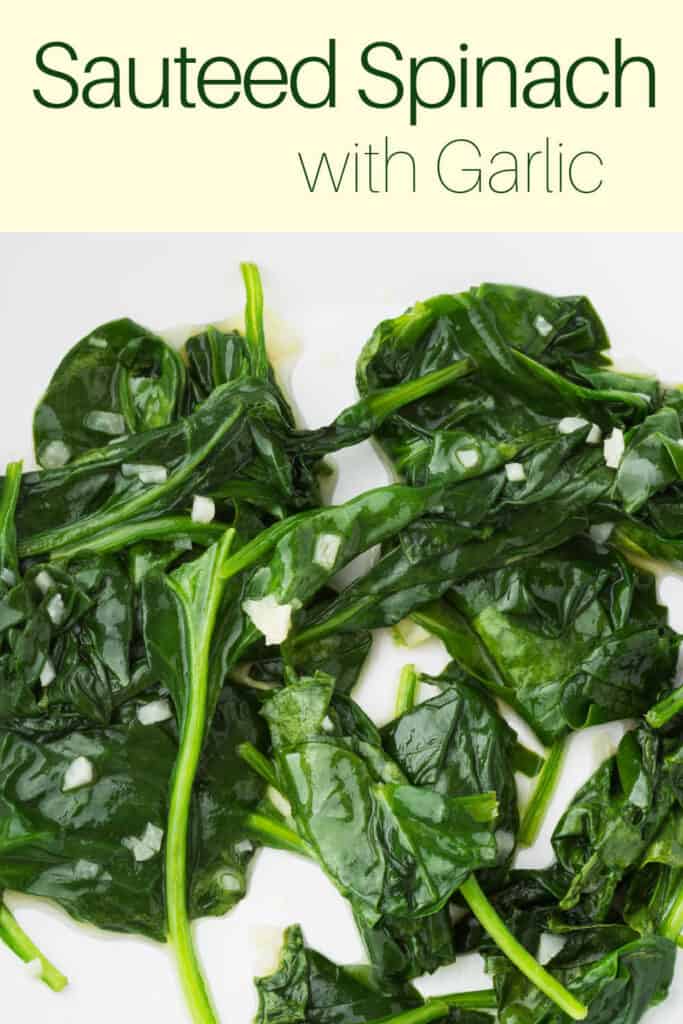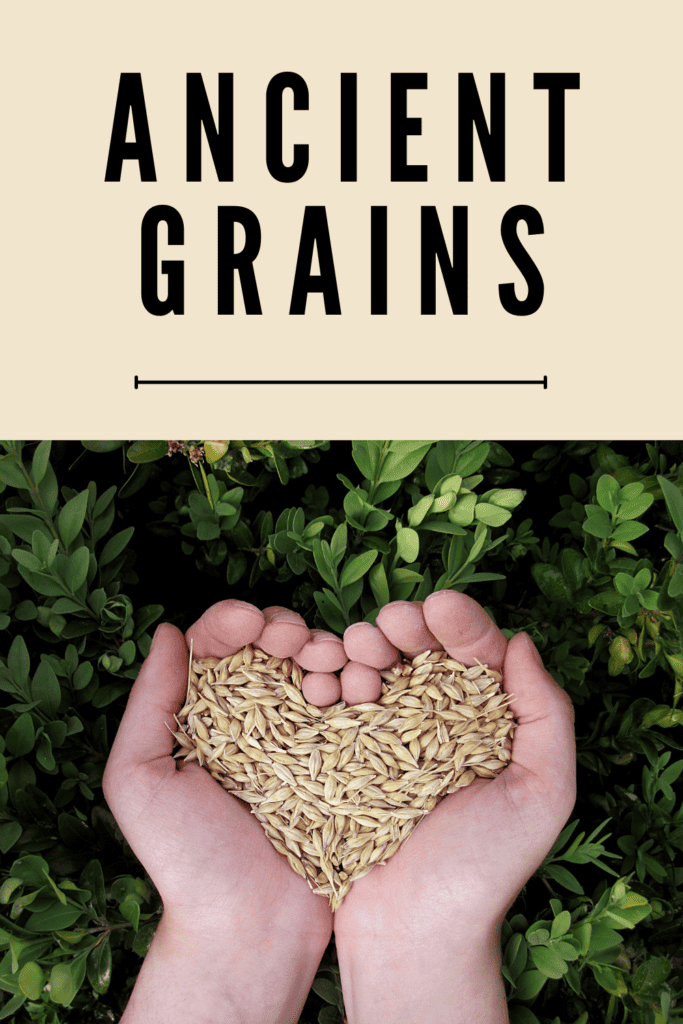While global wine consumption is declining, organic wine has gained significant momentum. Shifting consumer lifestyles and a desire for healthy, natural products drive growth for the category.
Additionally, health-conscious consumers appreciate that organic wines do not contain additional sulfites, which can cause that dreaded hangover.
Taste
Regulatory updates and enhanced consumer awareness have accelerated organic wine sales. A focus on health and sustainability aligns with values held by many consumers.
In addition, removing pesticides from vineyards improves the quality of the wine. Eliminating these toxic chemicals protects ecosystems by reducing the number of insects that destroy crops and poison predatory wildlife. This has a direct impact on the food chain, including humans.
Additionally, eliminating pesticides eliminates the need for chemical herbicides that can be washed into waterways and kill fish and other marine life. Regarding taste, a recent study found that wine experts rate organic wines higher than conventional ones.
In the future, the organic wine industry, like Covenant Wines, will see further growth from emerging markets, a greater focus on regenerative farming practices, and continued collaboration among producers to promote best practices. Digital marketing and e-commerce channels will continue to gain prominence as a channel for reaching new consumer bases. Direct-to-consumer sales will also expand and provide a convenient way for wine drinkers to purchase organic wines.
Sustainability
Organic wines are a greener choice thanks to reduced chemical inputs in the vineyard and winery. That, in turn, reduces carbon emissions and other environmental impacts.
Premiumization: The perception of higher quality, authenticity, and sustainability of organic wines has attracted a consumer segment willing to pay a premium for these products. Additionally, meeting organic certification standards ensures regulatory compliance and bolsters consumer trust in the industry.
Supply Chain Management: Ensuring a steady supply of organic grapes is essential to the success of organic wine production. This requires building strong partnerships with growers and implementing efficient logistics and supply chain practices.
Product Innovation: Continued research and development can create unique, organic wine varieties that cater to a wide range of consumer preferences. This will help expand the organic wine market into emerging regions with rising consumer awareness and demand.
Health
Many consumers are increasingly interested in healthier choices and organic products, driving demand for wines made using organic grapes. This trend will continue as consumers seek wines from trusted platforms like Terra Organica, which aligns with their sustainability and health goals.
Organic winemakers also avoid using additives, such as sulfites, commonly used in conventional winemaking to preserve and add color and taste. The absence of these additives allows the terroir and flavor to shine through more strongly, which is a priority for many wine drinkers.
However, higher production costs and limited consumer awareness are critical challenges to the growth of the organic wine market. Further development of vineyard techniques and winemaking processes can help to overcome these obstacles. Moreover, effective marketing campaigns can increase consumer awareness and encourage more people to try organic wines. In the long run, these efforts can drive sustainable and profitable growth for the organic wine industry. Regulatory support and incentives can further aid growth in the organic wine market.
Environment
Winemakers who choose organic use environmentally friendly farming practices, avoiding synthetic pesticides and herbicides. They also work to preserve soil health and biodiversity.
Consider too that wine glass bottles are ideal for recycling, versus other types of bottles.
In addition, they may use natural preservatives such as oxidation and fermentation instead of the common additives sulfites. This allows them to create a purer wine that can impact the environment less.
Some organic winemakers even take their sustainability efforts one step further, adopting regenerative agriculture practices. These holistically address the land and ecosystem by actively replenishing the soil, promoting biodiversity, and sequestering carbon.
With the rise of organic wine, consumers seek options that align with their values and lifestyles. The market has much growth potential, especially in Asia Pacific. However, limited consumer awareness and higher production costs can hinder success. Producers should focus on educating and informing consumers about organic wine to overcome these challenges. They can implement targeted marketing campaigns and collaborations with influencers and sommeliers.




